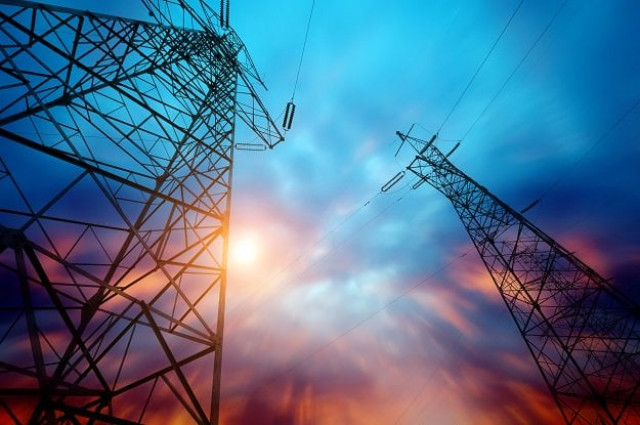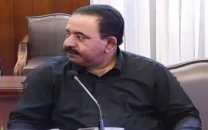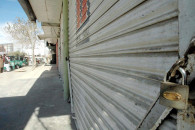Banks, businessmen urge NEPRA to increase K-Electric’s tariff
Insist utility may not be able to raise funds, make investment due to lower tariff

Insist utility may not be able to raise funds, make investment due to lower tariff. PHOTO: REUTERS
At a public hearing held by the power sector regulator on Tuesday, representatives of leading banks such as Habib Bank Limited and United Bank Limited suggested that K-Electric should be offered tariff for a longer period, which would provide the company with an opportunity to raise financing for long-term replacement and expansion plans.
In this case, lenders will also be more comfortable in dealing with the power utility, they said.
On the occasion, representatives of various economic sectors voiced concern over the revised multi-year tariff set at Rs12.77 per kilowatt-hour by Nepra in October 2017, which was 18% lower than that sought by K-Electric.
The Ministry of Energy (Power Division) has also written a letter to Nepra, asking it to reconsider the tariff in order to ensure smooth operations of the power company.
Power Division officials oppose K-Electric’s tariff review demand
Power Division Joint Secretary Zargham Ishaq told the hearing, chaired by Nepra Chairman Tariq Sadozai, the government desired that K-Electric should be able to supply electricity to Karachi consumers, therefore, it approached the regulator for tariff review.
When Nepra asked whether the government would provide subsidy to consumers in case of tariff differential, Ishaq replied in affirmative, saying the government would offer the relief in an attempt to ensure electricity supply to the consumers.
Speaking on the occasion, Federation of Pakistan Chambers of Commerce and Industry (FPCCI) Vice President Mirza Ishtiaq Baig pointed out that Karachi was home to some of the largest industries in Pakistan and contributed significantly to the country’s gross domestic product (GDP) - the size of national economy.
“If the city does not get required investments for infrastructure upgrade due to unviable tariff, it may not only adversely affect the people of Karachi in terms of extended load-shedding, but will also retard the industrial sector’s growth and operations,” he cautioned.
A representative of Pakistan’s eminent business policy advocacy platform, the Pakistan Business Council (PBC), also gave his input during the session, saying, “Regulatory policies should not endanger investments required to ensure reliable power supply to the most important commercial city of the country.” It was of the view that a fixed base tariff structure with assumption of a fixed investment plan was not viable for a vertically integrated utility such as K-Electric where additional investments may be required.
“The improvement in infrastructure in Karachi since K-Electric’s privatisation has only been possible through an aggressive influx of capital across the entire value chain. It is, therefore, imperative to revisit the policies which underpin K-Electric’s operations and modify them in a manner that allows adequate returns,” the PBC representative said.
On their part, K-Electric officials reiterated that structural changes and the lower base tariff significantly undermined the power utility’s ability to make the investment needed for reliable and uninterrupted power supply.
K-Electric’s management highlighted the utility’s commitment to meeting the growing electricity demand and providing uninterrupted power supply to its consumers, but said it required a sustainable tariff.
“The revised multi-year tariff is insufficient to cover the cost of business and ignores genuine recovery issues, which are feared to lead to serious cash flow shortfall, putting sustainability of the company at risk and result in serious implications for K-Electric and its consumers,” the management said. Representatives of different sectors believed that the new tariff would turn K-Electric into a loss-making company with cash deficit of more than Rs400 billion over seven years.
On K-Electric’s request, Power Division seeks tariff revision
This would make the utility’s operations unviable, unsustainable and impair its ability to undertake much-needed investments in power generation, transmission and distribution, which would result in a significant increase in load shedding, they said.
The stakeholders urged Nepra to carefully assess possible repercussions of the revised tariff as a lack of investment would have far-reaching implications, particularly for the industrial consumers of Karachi, who had been to date enjoying exemption from the outages.
Published in The Express Tribune, December 6th, 2017.
Like Business on Facebook, follow @TribuneBiz on Twitter to stay informed and join in the conversation.



















COMMENTS
Comments are moderated and generally will be posted if they are on-topic and not abusive.
For more information, please see our Comments FAQ